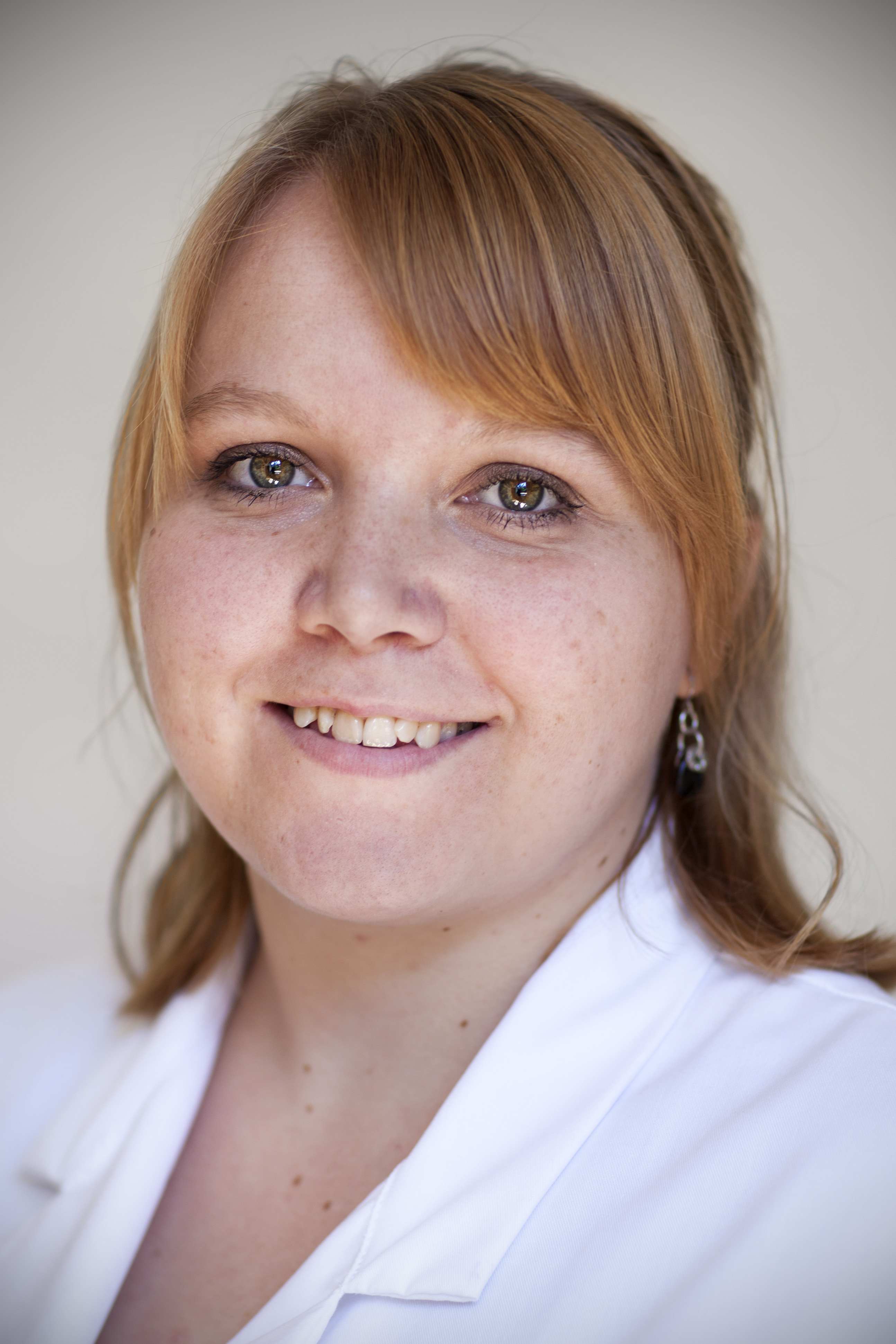Distinguished iNANO Lecture: Looking Inside Future Generations of Rechargeable ion Batteries
Assistant professor Dorthe Ravnsbæk, Interdisciplinary Nanoscience Center, Aarhus University, Aarhus, Denmark
Info about event
Time
Location
The auditorium of the iNANO House (1593-012), Gustav Wieds Vej 14, 8000 Aarhus C

Assistant professor Dorthe Ravnsbæk, Interdisciplinary Nanoscience Center, Aarhus University, Aarhus, DenmarkLooking Inside Future Generations of Rechargeable ion BatteriesWe all know the great frustrations of cell phones that need to be charged every day, laptops running out of battery power too fast and the high cost of a new rechargeable battery to replace an old one. These everyday frustrations highlight some of the major problems related to present-day Li-ion battery technology, which is the preferred form of energy storage for today‘s consumer electronics. It also illustrates some of the major obstacles in the development of batteries for large scale energy storage, e.g. electrical vehicles, storage of renewable energy and grid stabilization. Thus development of novel materials for Li-ion storage with improved electrochemical properties or realization of rechargeable ion batteries based on cheaper and more abundant metals is required to move towards future generation batteries. The first part of this lecture will focus on recent investigations of novel high power nanoscale olivine cathode materials for Li-ion batteries by means of a newly developed operando battery test cell for synchrotron diffraction studies. Surprisingly, this material exhibits a completely different phase transformation pathway during battery operation than the extremely well studied case of the commercial available nanoscale olivine LiFePO4. These novel nano materials are dominated by solid solution formation and exhibit a high degree of metastability, which may be the origin of the outstanding power performance of these materials. The metastability in this system also highlights the importance of studying the electrochemically driven phase transitions under operando conditions, i.e. while the battery is operating and being able to relate the structural transformations directly to the electrochemical observations as the dynamic conditions under battery operation inherently are far from equilibrium. Subsequently, the lecture will shed light on the perspectives and challenges related to moving the ion battery technology from lithium to other active ions, which sets new requirements for the electrode materials. Significant progress within development of electrodes for Na-intercalation has already been achieved and will be presented. The next step in this development is to prepare and investigate novel electrode materials for Mg- and Al-ion storage by e.g. utilizing the newly available operando diffraction technique. Perspectives of this future line of research will be discussed in this lecture. | |
| Host: Director & professor Jørgen Kjems, iNANO & Department of Molecular Biology and Genetics, Aarhus University |
